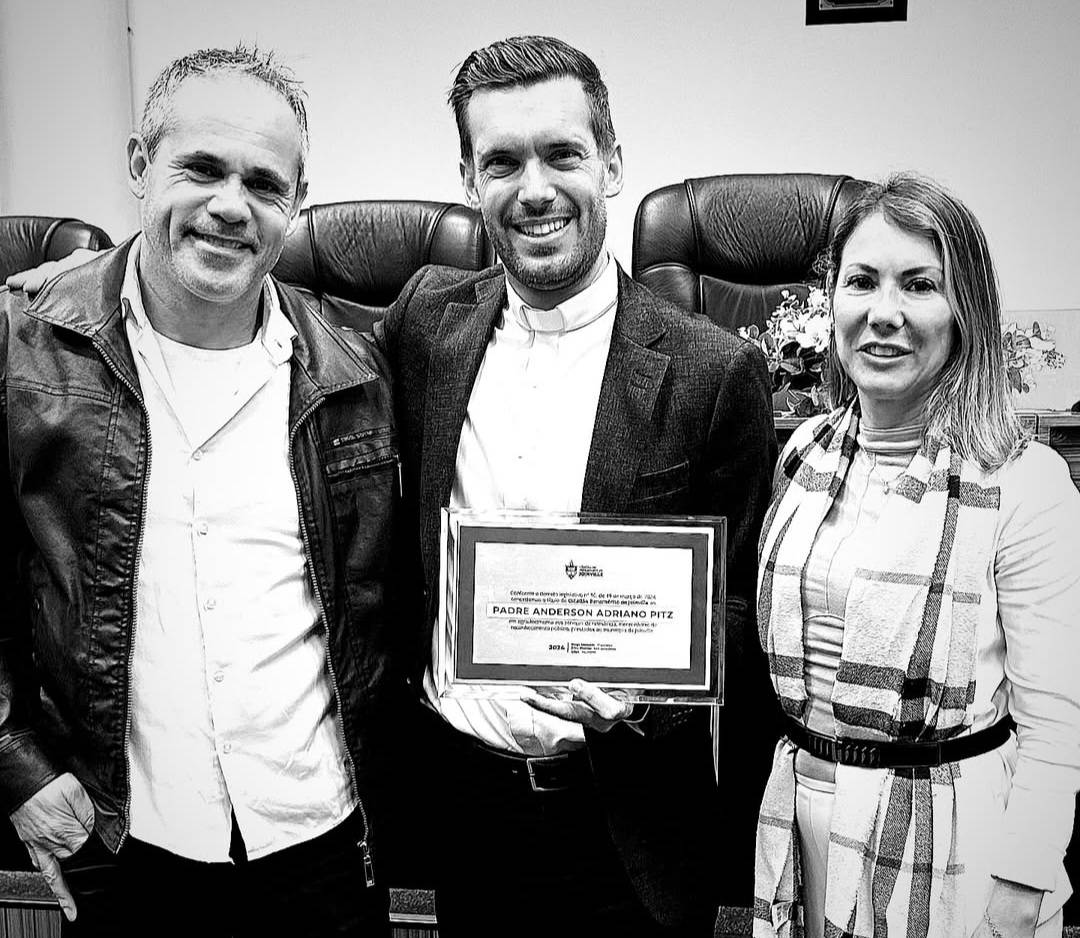SÃO PAULO — Catholic leaders in Brazil are condemning a move by President Jair Bolsonaro to abolish the country’s “national councils,” which they consider a key part of the country’s social fabric.
The councils are committees formed by members of the government and of civil society which take part in the discussion and creation of public policies.
Lay Catholics and members of the clergy who are active participants in many of these councils accuse the Bolsonaro administration of trying to cut back participatory democracy in Brazil, which suffered under a military dictatorship from 1964-1985.
Although public policy councils have existed in Brazil since the beginning of the 20th century, they were given a more prominent role in the country’s 1988 constitution, which established several mechanisms to enhance the participation of the civil society in the creation and shaping of policies concerning civil rights and the services provided by the government.
Bolsonaro is an ex-army officer, and has often defended the country’s former military regime. During his 2018 presidential campaign, he espoused conservative populist policies, including weakening Brazil’s gun laws and opening up the Amazon region to economic exploitation.
In April, Bolsonaro issued a decree extinguishing hundreds of national councils, commissions, committees and forums, as part of a move to “simplify” governance.
The leftwing Workers’ Party, which ruled Brazil between 2003 and 2016, took the April decree to Brazil’s Supreme Court, which decided that councils established by law could not be eliminated by a governmental decree. However, the decision didn’t dampen the enthusiasm of the Bolsonaro administration for reducing the influence of the national councils.
Over the past few months, Bolsonaro has ordered changes in different councils, such as the National Environmental Council, where he reduced the membership from 96 to 23 – removing dozens of members from NGOs and social movements – and the National Cinema Council, in which the members of the cinema industry were reduced by half, giving a majority to members from the government. Similar changes were made in national councils dealing with drug policy and children’s rights.
In July, Bolsonaro said the large number of members in each council meant “a decision [was] almost impossible” to make, adding that the bodies “don’t decide anything.”
He also noted that the national councils are to a great extent formed by people appointed by “previous administrations.” Members of his government have called for the national councils to rid themselves of members from the Workers’ Party.
According to Father Olavio Dotto, a social policy aid to the National Conference of Bishops of Brazil (NCBB), the Bolsonaro administration is currently imposing restrictions to the participation of members of civil society, which shows “an equivocal understanding of participatory democracy.”
“The government’s decree is not extinguishing the councils anymore, but centralizing them and turning them almost into governmental bodies. The participation of members of civil organizations is democratic,” he told Crux.
On July 23, lay Catholics who are members of the national councils gathered in the capital Brasília for their annual meeting and discussed the changes Bolsonaro is currently implementing.
“Our idea was to stress the relevance of their membership in the councils and the need to act in defense of the most needy communities,” explained Dotto.
On September 19, the NCBB’s president, Archbishop Walmor Oliveira de Azevedo of Belo Horizonte, published a statement criticizing the “weakening of social participation in the public councils.”
The document said the NCBB “follows with concern the attitude of the federal government towards the public councils, which are legitimate bodies of popular participation in the management of the Brazilian society.”
The statement directly mentioned Bolsonaro’s decree that modified the operations and the composition of the National Council on the Children’s and Teenagers’ Rights. The decree, in the words of Azevedo, “ousted legitimate council members elected by the civil society” and was a “violation of the principles of the participatory democracy, originated in the Federal Constitution.”
“The government cannot act alone. Civil society has to take part. One cannot dismantle the structures of social participation which have a fundamental role in our nation,” the statement continued.
The NCBB’s statement concludes by exhorting “all council members connected to the different governmental levels of our country to maintain hope.”
In the opinion of Dotto, Bolsonaro’s move against the national councils will be felt by the poorest families in Brazil.
“By dismantling the system that secures that families will have access to the government’s public policies, the administration is throwing more and more people in the margins of society and out of the protection mechanisms of the state,” the priest said. “Such a measure weakens the people’s rights to health services, education, transportation and all services provided to senior citizens, children and teenagers. The result is that more people will be socially vulnerable.”
Crux is dedicated to smart, wired and independent reporting on the Vatican and worldwide Catholic Church. That kind of reporting doesn’t come cheap, and we need your support. You can help Crux by giving a small amount monthly, or with a onetime gift. Please remember, Crux is a for-profit organization, so contributions are not tax-deductible.
















